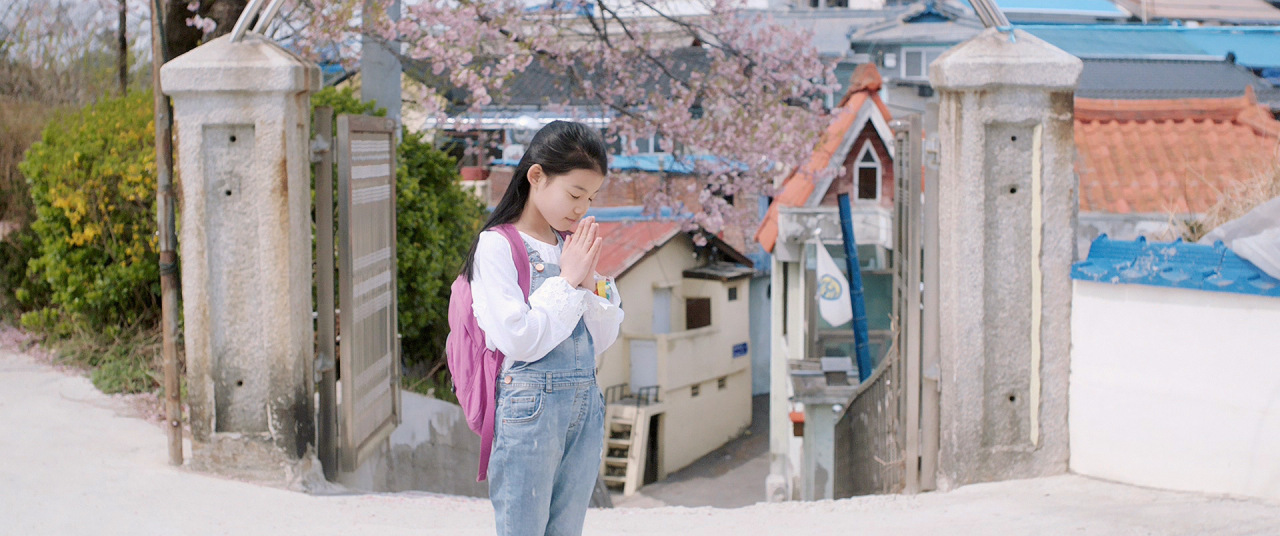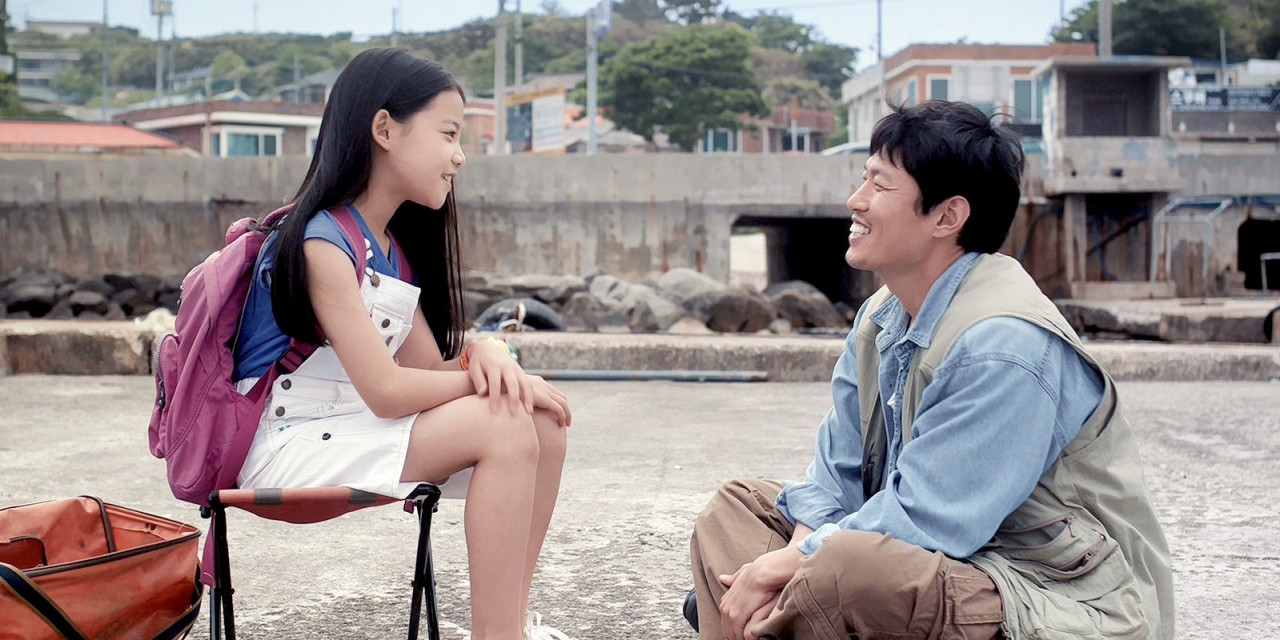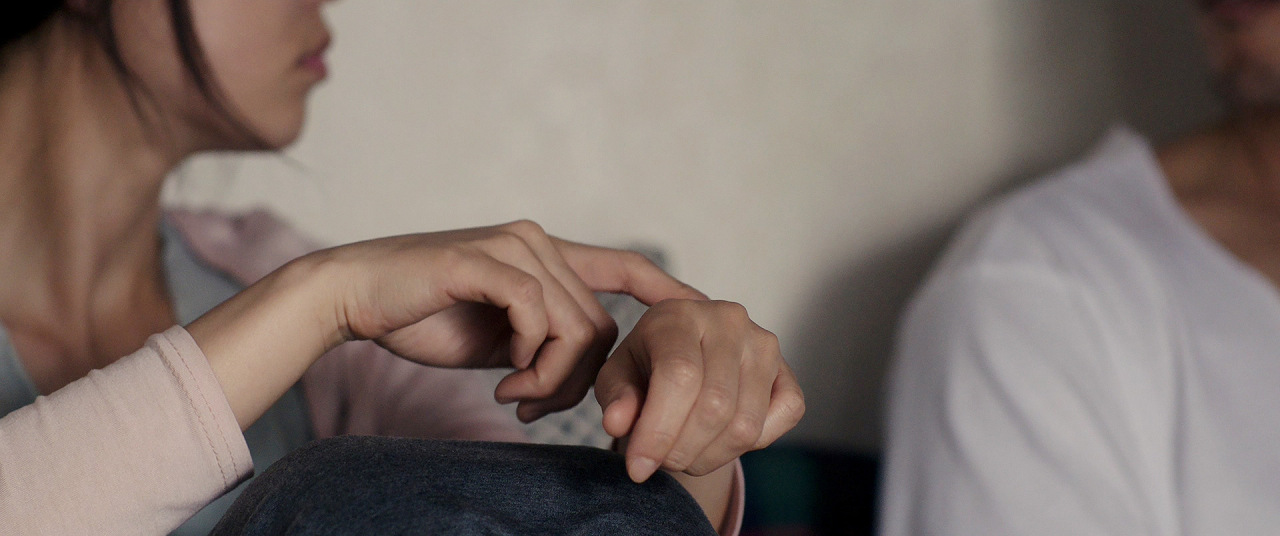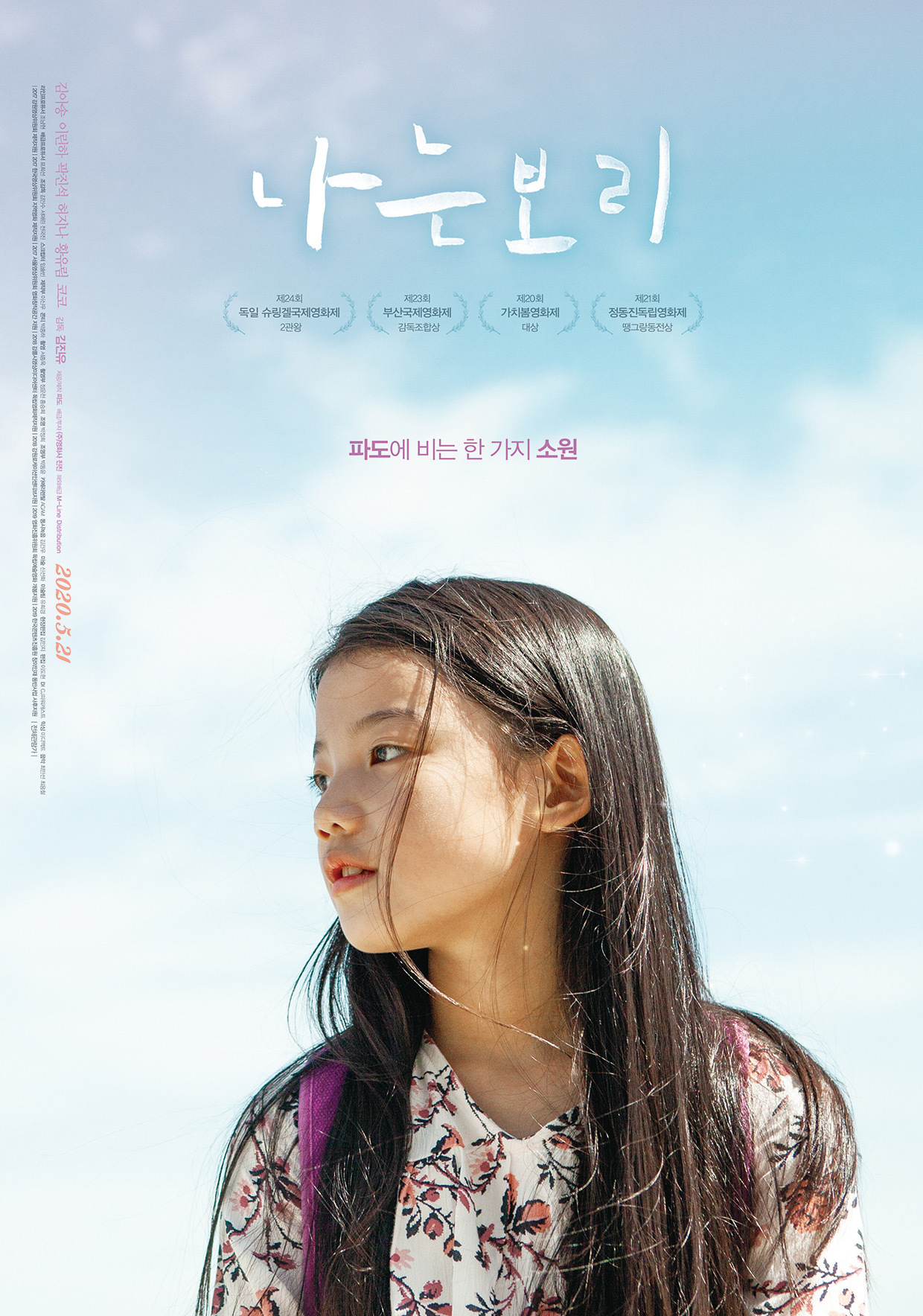‘Bori’ a story of special yet ordinary people around us
By Choi Ji-wonPublished : May 13, 2020 - 11:41

While most other films about disabilities focus on the disabled characters, “Bori” sheds light on the life of a hearing child in a deaf family.
Such children, referred to as CODA -- children of deaf adults -- may be deemed “normal” outside the home, but with their family they find themselves to be special at times, or “abnormal” other times, just like Bori in the film.
Among the family of four, Bori is the only person who does not have a hearing disability. Just 11 years old, Bori becomes the mouth and ears of her parents and younger brother. Bori often feels like an outsider in the family, observing them speaking in sign language and oblivious to the sounds she hears. Bori comes to wish she could “lose sound” to become one of them.

Director Kim Jin-yu, who was also raised by a deaf mother, says the film includes some of his own experiences and feelings from childhood.
“At first, I wanted to write about a deaf person who said she had wanted to ‘lose sound’ as a CODA, actually became deaf and is currently living a happy life. Hearing her story, I remembered I also had moments when I had wanted to ‘lose sound.’ I started writing the script from there, and naturally, my own experiences were added to the story,” Kim said.
“Bori” is Kim’s first full-length feature film, produced two years ago.
Budding actress Kim Ah-song, 12, grabbed her first lead role as Bori through an audition process competing against almost 200 actors.
“When we were making ‘Bori,’ I read numerous articles saying female actors had not much space in the film scene and there were almost no movies with female leads. My film also deals with minorities in our society, and so I thought it would be better to make Bori a female character,” Kim said.
Lee Lyn-ha, 9, plays Bori’s brother Jeong-woo, while Hwang Yu-rim, 12, takes on the role of Bori’s best friend Eun-jeong in the film.
Bori’s father and mother were played by stunt performers Kwak Jin-seock and Hur Ji-na, respectively, who are also actually married. While Kwak was a fairly established action performer, this was his first time in an ordinary role.
“The film itself was like a fantasy for me. When would I ever shoot lying down? Unless I was stabbed with a knife or shot with a gun,” Kwak said.
Hur said she was inspired by director Kim’s mother in playing the part of the deaf mother.
“The moment I saw her at the ceremony held ahead of the production, I knew this was the mother that I had to act out,” Hur said.

According to the director, the original Korean title, read as “Na-neun-bo-ri” can be interpreted three ways: “I am Bori,” as in Bori accepting herself as who she is; “Flying Bori,” implying Bori’s growth in the film; and “I Will See,” referring to how deaf people communicate visually when they cannot hear or speak.
“There are disabled people living among our neighbors, and although they seem special, they’re not. I wanted to emphasize the common parts (shared by the disabled and nondisabled). I hope they could be viewed as just a member of our society,” the director said.
“Bori” was awarded for best director by the Directors Guild of Korea at the 23rd Busan International Film Festival in 2018 and grabbed the Grand Prize at the Korea’s Persons with Disabilities Film Festival in 2019. The film also won the Chemnitz Award and Audience Award at the Schlingel International Film Festival, a German fest for children and young audiences, in 2019 and was picked as the best picture at the international competition of children and youth films at Russia’s Spirit of Fire Film Festival.

By Choi Ji-won (jwc@heraldcorp.com)

















![[KH Explains] Hyundai's full hybrid edge to pay off amid slow transition to pure EVs](http://res.heraldm.com/phpwas/restmb_idxmake.php?idx=652&simg=/content/image/2024/04/18/20240418050645_0.jpg&u=20240418181020)

![[Today’s K-pop] Zico drops snippet of collaboration with Jennie](http://res.heraldm.com/phpwas/restmb_idxmake.php?idx=642&simg=/content/image/2024/04/18/20240418050702_0.jpg&u=)